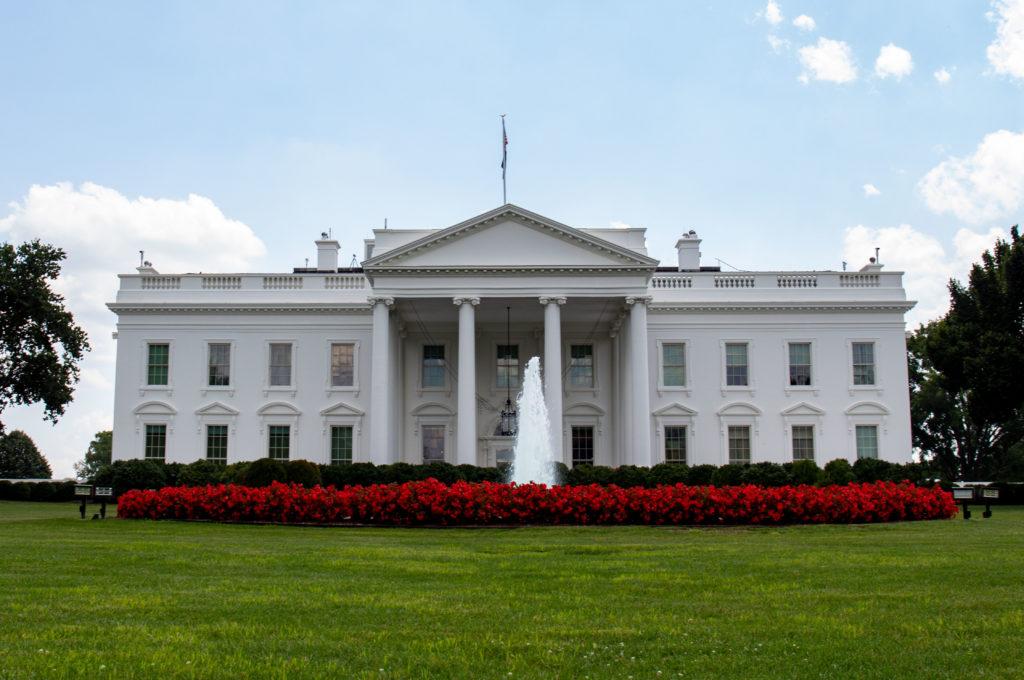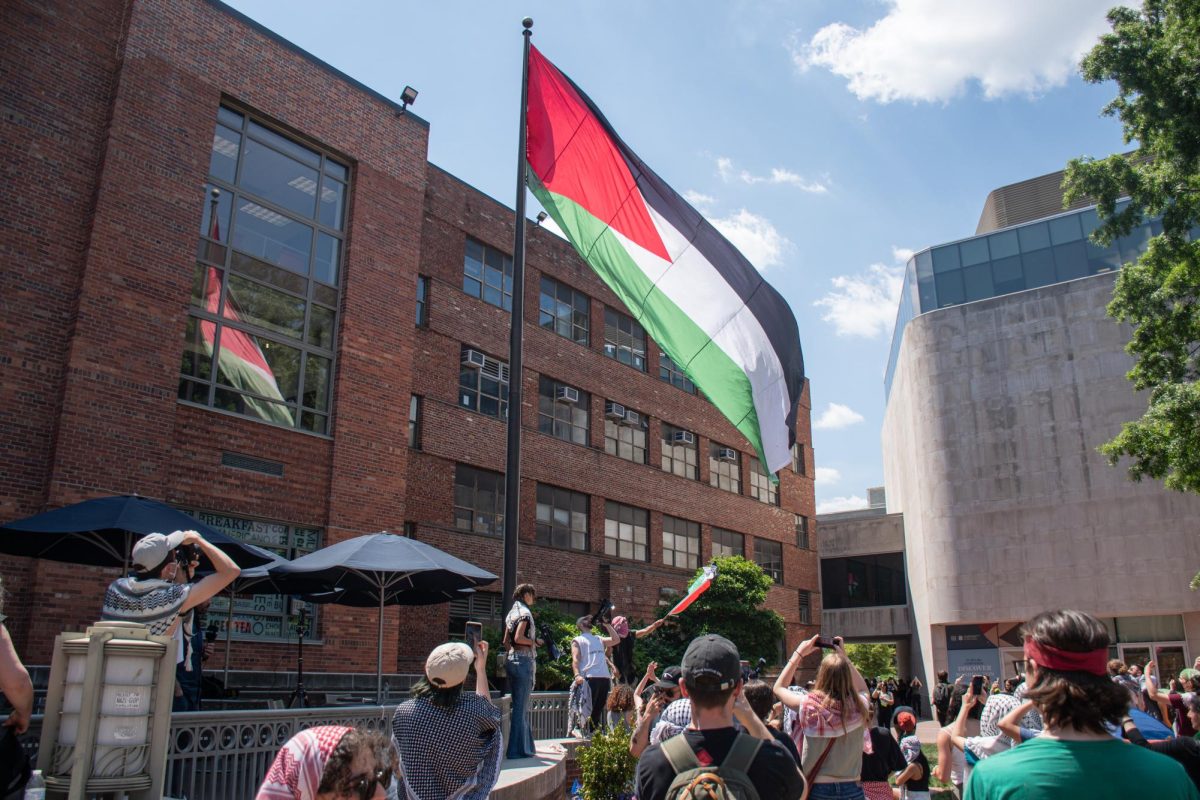
Updated: Nov. 12, 2016 at 11:33 a.m.
This post was written by reporter Cort Carlson.
Elliott School of International Affairs Dean Reuben Brigety held a town hall meeting to openly discuss the presidential election results Friday afternoon.
The meeting was open to all students, faculty, and staff and was live-streamed online. Brigety moderated the discussion and began by assuring guests that the Elliott School will continue to be a place where diversity is accepted and encouraged.
Brigety reminded those present to keep their questions and comments relatively short and to be respectful of each other throughout the discussion.
“We thought it was important for us to gather as a community and just talk,” Brigety said.
Roughly 100 members of the GW community were in attendance at the event hosted in the Elliott School, including undergraduate, graduate and international students, as well as professors of international affairs and one ambassador.
Students posed questions to Brigety and all others assembled about how to understand President-elect Donald Trump’s wide popularity.
Brigety said that while it is fair to have reasonable policy differences, the extreme divisiveness of this election is something that he has not seen in other elections.
“We are in a place in our country where we haven’t been in a very long time,” Brigety said. “I certainly cannot remember a presidential election eliciting mass protests in multiple major American cities within 24 hours.”
Students wondered if Trump’s administration will reduce their chances at securing government jobs after graduation.
One student, a junior in the Elliott School, expressed concern about her dreams to join the United States Foreign Service, and how that will be affected by the new president.
“I am looking to join the Foreign Service eventually,” she said. “My morals and the things that I believe in have sometimes contrasted with what Donald Trump has said.”
A graduate student in the Elliott School also asked how to accept Trump as the next president while still supporting personal values.
“I am having an identity crisis about whether or not we as a country have a duty to denounce some things that President-elect Trump has said,” she said. “I want this to be something we can do together.”
As members of the audience discussed the question, they came to the conclusion that it is possible to denounce Trump’s behavior while still accepting him as the future president.
One student asked how to make advance progressive values despite the election of a largely conservative government.
A second-year graduate student at the Elliott School, had an answer: “Encourage people to no longer be bystanders,” she said.
While other students reminded the audience of social media’s potential as a platform to both broadcast and denounce bigotry, the graduate student highlighted the importance of writing to members of Congress about their concerns.
After students and faculty posed questions and responded to each other, Brigety encouraged the audience to seek out meaningful conversations with people of differing viewpoints.
“Communities are institutions, meaning that they are only as good as the people who make them up,” Brigety said. “That’s how we are going to continue to have a great country.”







